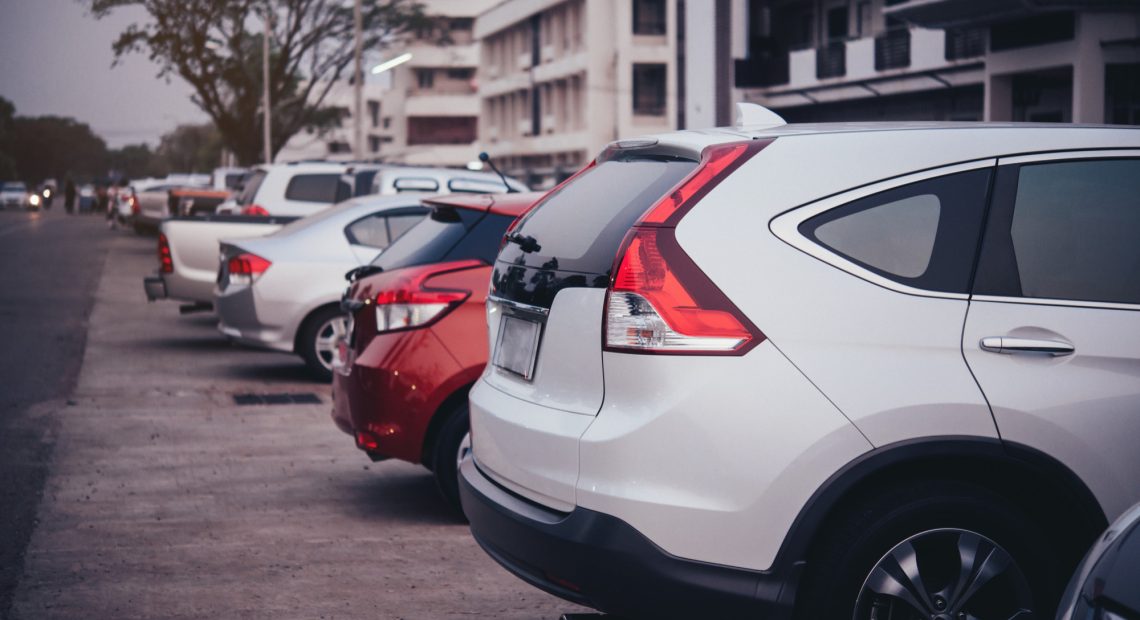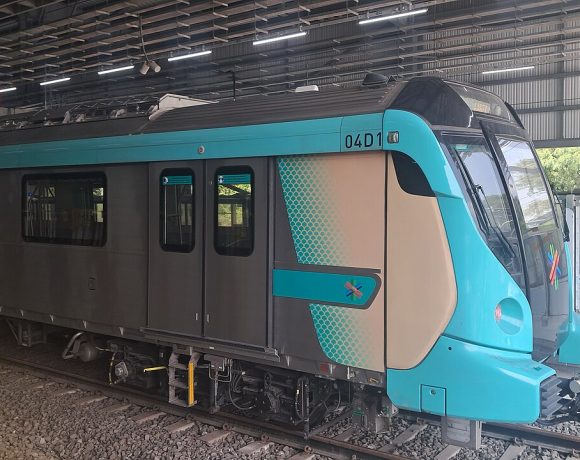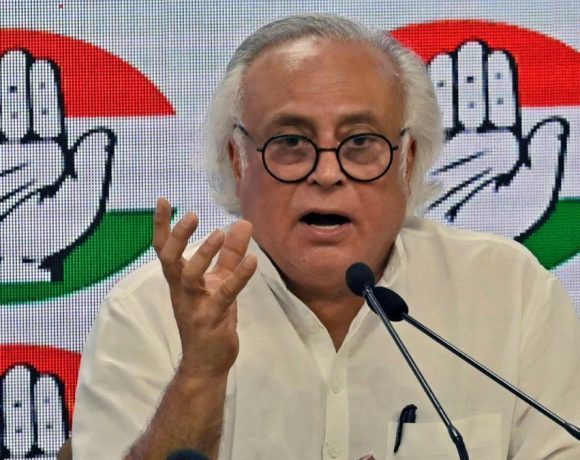
Delhi Halts Age-Based Fuel Ban, Targets Only Polluting Old Vehicles
The Delhi Government has rolled back its earlier proposal to deny fuel to diesel vehicles older than 10 years and petrol vehicles older than 15 years. Instead, it will now adopt a more targeted approach by focusing only on vehicles that are proven to be polluting, based on emissions data. This change comes after technical feasibility issues and widespread public opposition.
Shift from Blanket Ban to Pollution-Based Action
Environment Minister Manjinder Singh Sirsa clarified that the city’s Automatic Number Plate Recognition (ANPR) system currently lacks the capability to enforce a blanket ban effectively. Vehicles with newer High Security Registration Plates issued after April 2019 cannot be consistently identified, making enforcement unreliable.
Given these limitations, the government has now decided that only vehicles emitting pollutants beyond permissible levels will be impounded and scrapped. The earlier plan to restrict fuel supply to over 6 million older vehicles in Delhi has been deferred.
Public Outrage Triggers Policy Reversal
The initial announcement faced backlash from vehicle owners who maintained that age does not determine pollution. Many highlighted that their older vehicles passed Pollution Under Control (PUC) tests regularly. A vocal group of citizens, including owners of vintage or rarely-used cars, took to social media to argue against what they saw as an unfair and poorly designed regulation.
Their feedback appears to have played a major role in the government’s decision to pause the blanket restrictions and introduce a more nuanced enforcement framework.
Future Strategy and Regional Coordination
Going forward, the Delhi Government plans to develop a more reliable detection system in collaboration with NCR authorities and central agencies. Chief Minister Rekha Gupta has also stressed the need for uniform implementation across neighbouring regions to prevent people from simply refueling their vehicles outside Delhi.
The revamped strategy involves expanding ANPR infrastructure, refining emissions testing protocols, and deploying real-time vehicle monitoring technologies. The shift marks a clear departure from an age-based ban to a pollution-centric policy that aligns better with Delhi’s air quality goals without unfairly penalising responsible citizens.
The new approach attempts to strike a balance between environmental responsibility and technological practicality, ensuring that only actual polluters are held accountable, not vehicle owners who have maintained their automobiles well. The city’s next steps will be closely watched as authorities race to implement a more effective and fair emissions control system.


















